Q&A: Mike Lazaridis and Jim Balsillie, co-chief executives at RIM
The two top executives at RIM discuss smartphones, the competition posed by netbooks and the future of the BlackBerry.
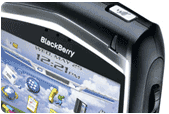
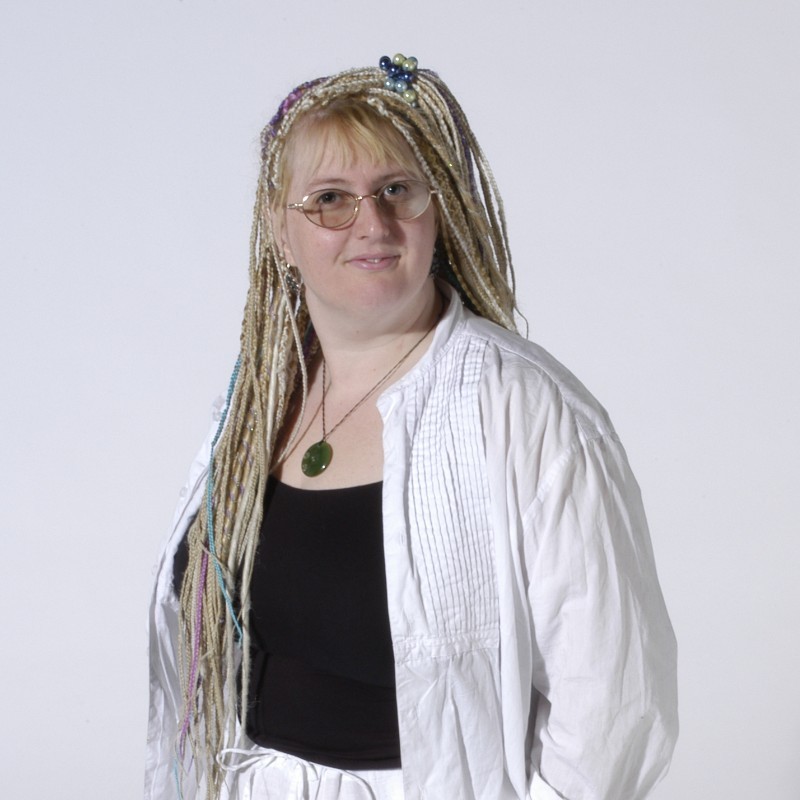
Jim Balsillie and Mike Lazaridis share the role of chief executive at BlackBerry smartphone maker Research In Motion (RIM). We sat down with them both to discuss how the rise of the budget netbook will affect the mobile device market and what matters for mobile data.
What trends do you see in the smartphone market?
Jim Balsillie: Clearly the sector is going through a very expansive phase. People are doing more and more with online wireless terminals on both the enterprise and on the consumer side; the networks are getting more powerful, the multimedia aspects are getting more powerful, the applications are getting more interesting and creative and the enablers like Wi-Fi and GPS are getting better. And then the carriers are getting more aggressive and smart.
It's all part of this everything is a packet' trend; having packets pushed, cached and rendered on my belt brings great benefit and meaning to individuals and organisations if thoughtfully done and - if thoughtfully done - has big consequences.
More and more companies have to spend on smartphones because that's the path to productivity in challenging economic times, and for youth it's a more and more important part of their discretionary spending. But I believe we're still at the early stages in very rich and contextualised and value-added platform evolution for both working and the non-working [uses].
Is the smartphone a computer you hold in your hand, just a different interface to the same things you do on a PC, or is it a radically different thing?
JB: It's radically different. It has to be else you're forever framed by legacy. The PC was born in a distributed computing world, where you presuppose that you have no connection or very occasional connections, and the unit has to survive, compute and synchronise on its own.
Get the ITPro daily newsletter
Sign up today and you will receive a free copy of our Future Focus 2025 report - the leading guidance on AI, cybersecurity and other IT challenges as per 700+ senior executives
Whereas the mobile device evolved from something you hold up to your ear; the first principle is does it last a day' and can I hold it up to my ear'? It came from a very different world. You're unlikely to hold a PC up to your ear and it's unlikely to last all day.
For example, SAP on BlackBerry is about push: pushing leads, pushing approvals and natively integrating into the device. You put in call notes right after a call because it's event based, it's collaboration based. It presupposes a communication link back to terabytes of data and it only stores locally for occasional out-of-coverage use or just efficiency; I'll cache up contacts and calendars and a month of email because I may be on a plane. But all the computing power goes to managing efficiency of the link and managing the presentation.
It's really a pretty thin terminal; think communications, presentation and cache, not distribution computing, database synchronisation and complex applications. All the complexity is back at the servers, whether it's behind the corporate firewall or in the cloud.
Mike Lazaridis: We weren't trying to replace the laptop PC; we were trying to extend the information out to the mobile environment. We always claim that's a unique experience that needs to be provided in a unique way.
If we were just trying to put out the traditional PC experience, we'd need a traditional PC. You need a graphics controller, you need a large screen, you need a large keyboard, you need a large battery; in most cases you'll need a fan. You can't get around that.
Mary is a freelance business technology journalist who has written for the likes of ITPro, CIO, ZDNet, TechRepublic, The New Stack, The Register, and many other online titles, as well as national publications like the Guardian and Financial Times. She has also held editor positions at AOL’s online technology channel, PC Plus, IT Expert, and Program Now. In her career spanning more than three decades, the Oxford University-educated journalist has seen and covered the development of the technology industry through many of its most significant stages.
Mary has experience in almost all areas of technology but specialises in all things Microsoft and has written two books on Windows 8. She also has extensive expertise in consumer hardware and cloud services - mobile phones to mainframes. Aside from reporting on the latest technology news and trends, and developing whitepapers for a range of industry clients, Mary also writes short technology mysteries and publishes them through Amazon.
-
 Bigger salaries, more burnout: Is the CISO role in crisis?
Bigger salaries, more burnout: Is the CISO role in crisis?In-depth CISOs are more stressed than ever before – but why is this and what can be done?
By Kate O'Flaherty Published
-
 Cheap cyber crime kits can be bought on the dark web for less than $25
Cheap cyber crime kits can be bought on the dark web for less than $25News Research from NordVPN shows phishing kits are now widely available on the dark web and via messaging apps like Telegram, and are often selling for less than $25.
By Emma Woollacott Published
-
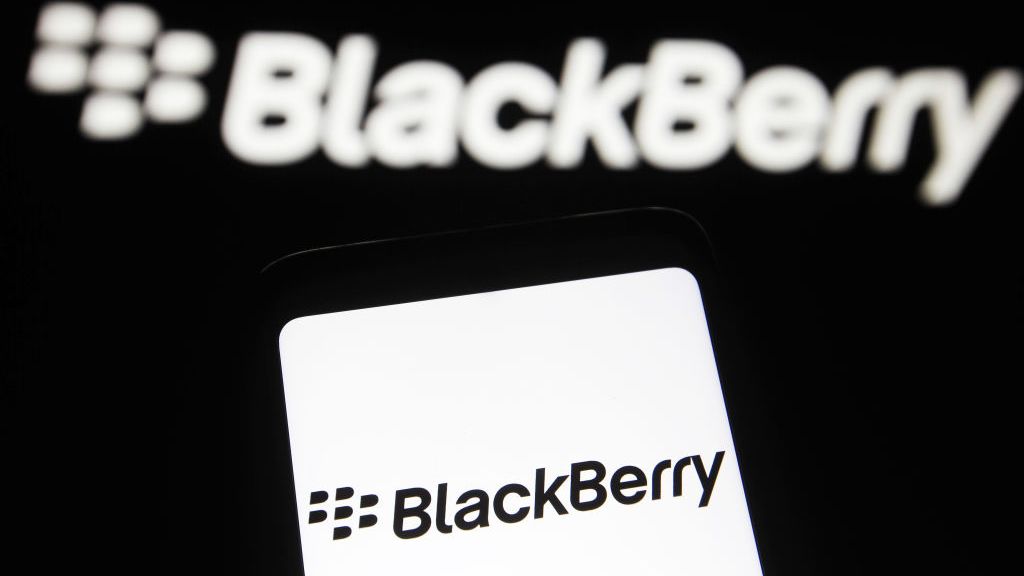 Blackberry revenue falls by 4% as cyber security division takes hit
Blackberry revenue falls by 4% as cyber security division takes hitNews Despite this, the company’s Internet of Things (IoT) division increased its revenue by 28% as it attracted new customers from the automotive sector
By Zach Marzouk Published
-
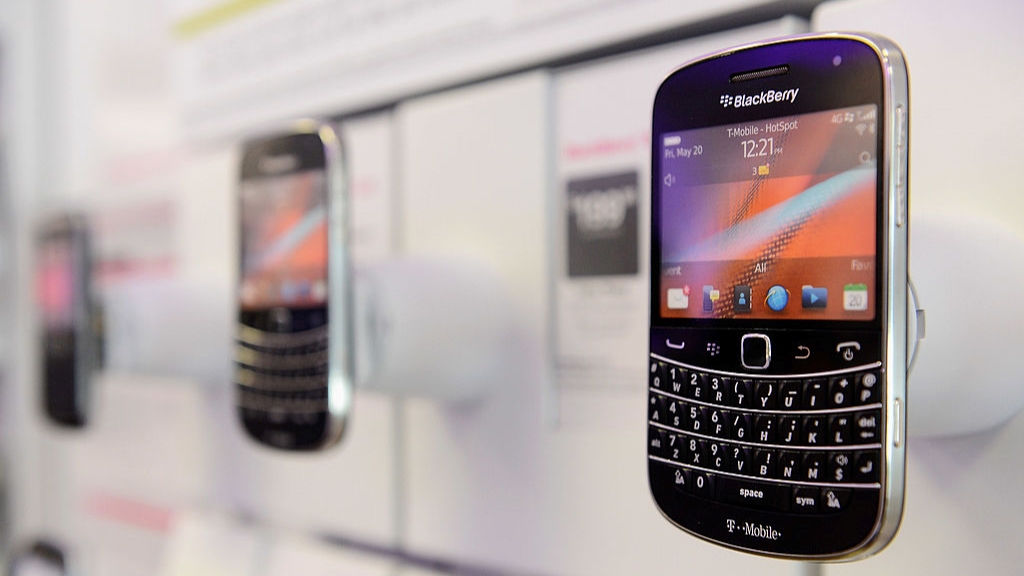 BlackBerry revival is officially dead as OnwardMobility shuts down
BlackBerry revival is officially dead as OnwardMobility shuts downNews The Texas-based startup is mysteriously shutting down and taking its ultra-secure 5G BlackBerry with it
By Bobby Hellard Published
-
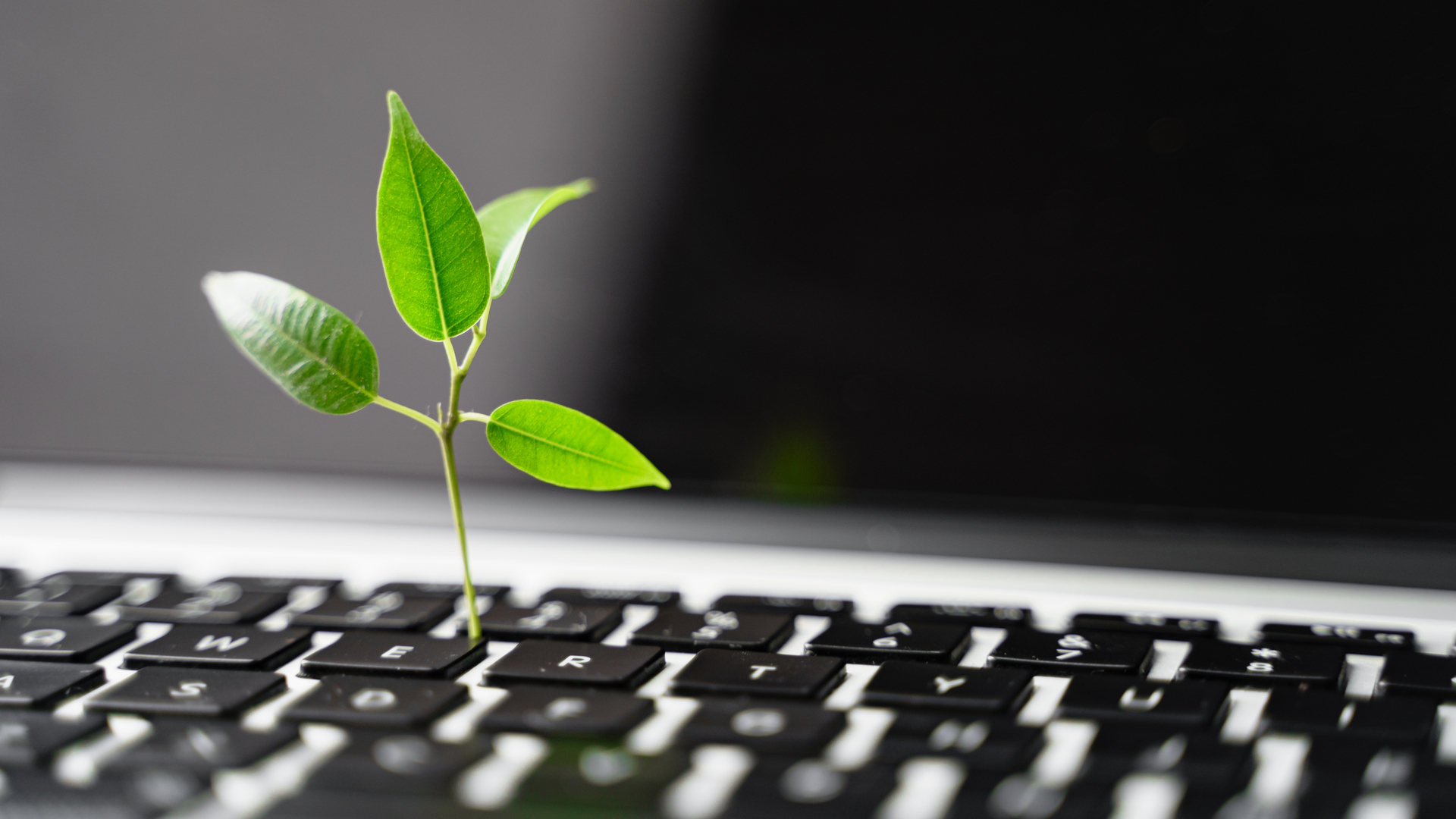 SAP's new product sustainability tracker helps keep your carbon footprint in check
SAP's new product sustainability tracker helps keep your carbon footprint in checkNews New solution monitors products' environmental impact from conception to disposal
By Praharsha Anand Published
-
 BlackBerry and AWS are developing a standardized vehicle data platform
BlackBerry and AWS are developing a standardized vehicle data platformNews Platform will give automakers a standardized way to process data from vehicle sensors in the cloud
By Rene Millman Published
-
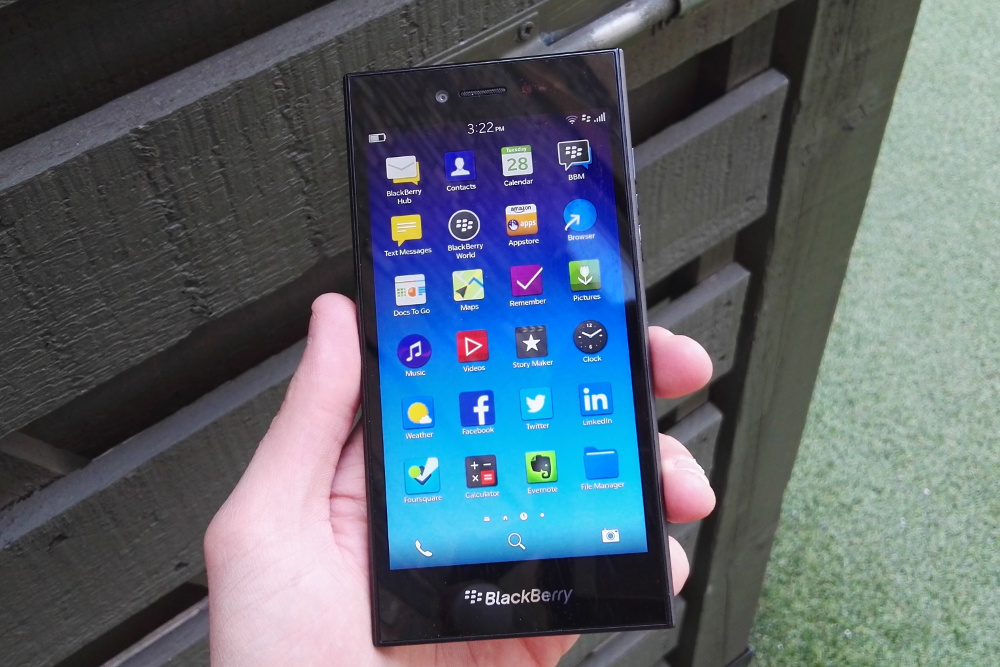 BlackBerry thwarts mobile phishing attacks with new AI tools
BlackBerry thwarts mobile phishing attacks with new AI toolsNews The company's Protect Mobile platform alerts users to potential malware before a link is clicked
By Tyler Omoth Published
-
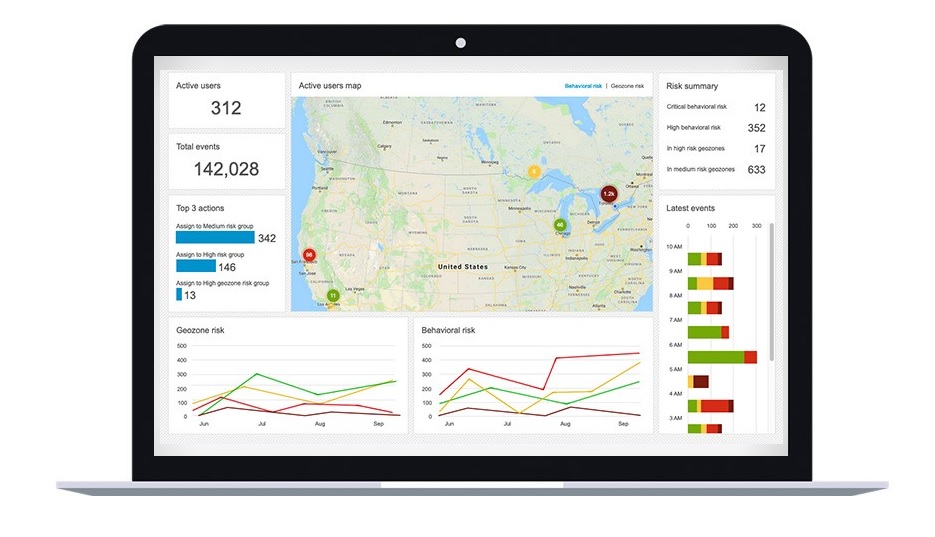 BlackBerry Persona Desktop delivers zero-trust security at the endpoint
BlackBerry Persona Desktop delivers zero-trust security at the endpointNews New security solution learns user behavior and can take action if there’s an abnormality
By Justin Cupler Published
-
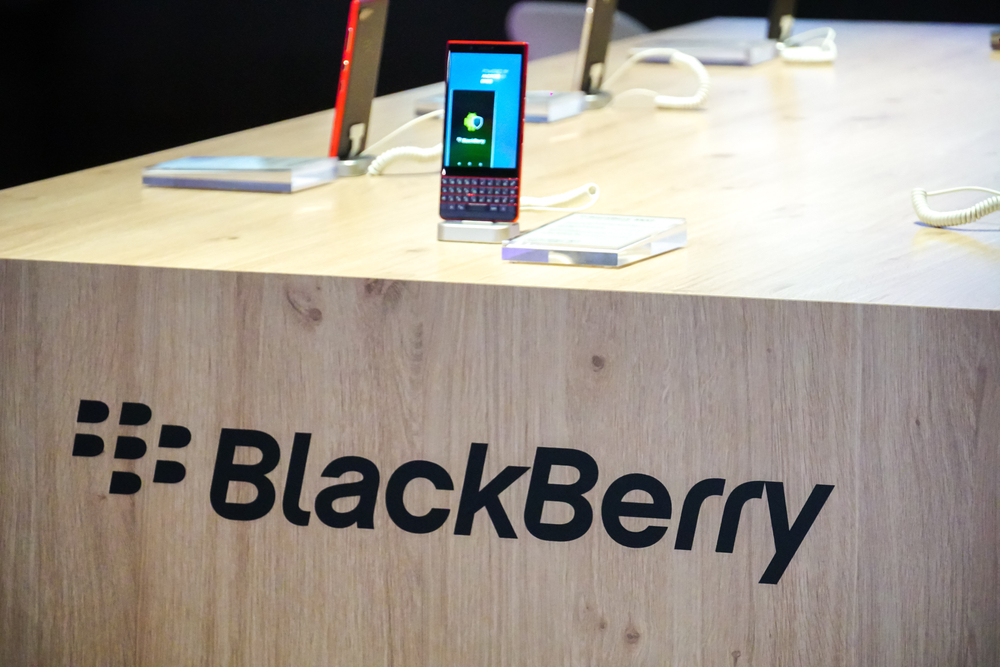 A 5G BlackBerry phone with physical keyboard is coming in 2021
A 5G BlackBerry phone with physical keyboard is coming in 2021News The business phone to be resurrected with OnwardMobility and FIH Mobile planning a security-savvy enterprise handset
By Bobby Hellard Published
-
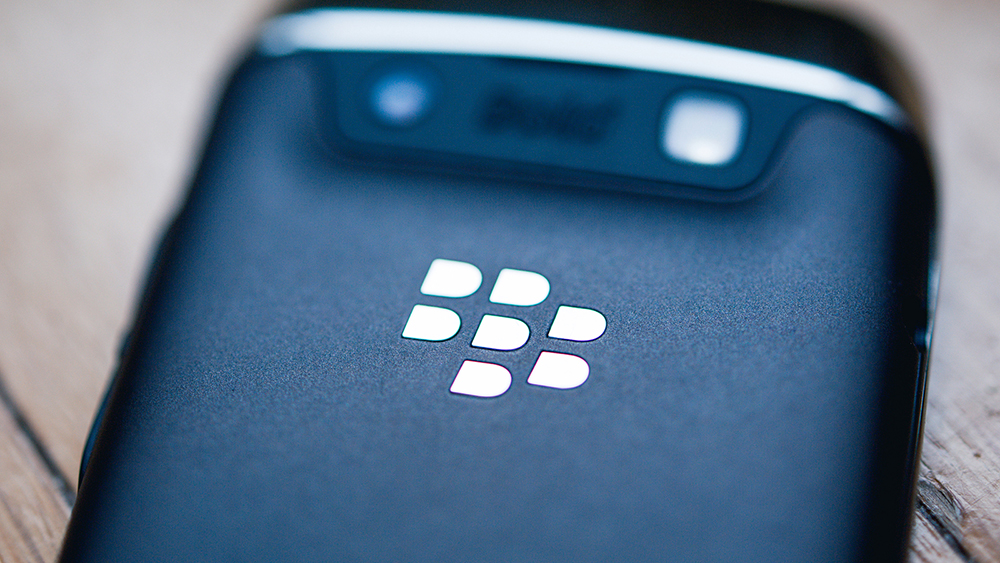 The business smartphone is dead
The business smartphone is deadIn-depth BlackBerry’s demise signals the end of the business-first handset
By Carly Page Published